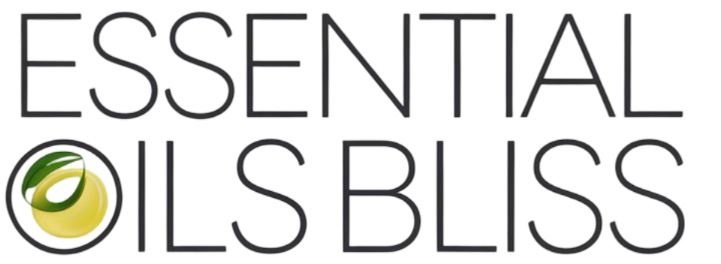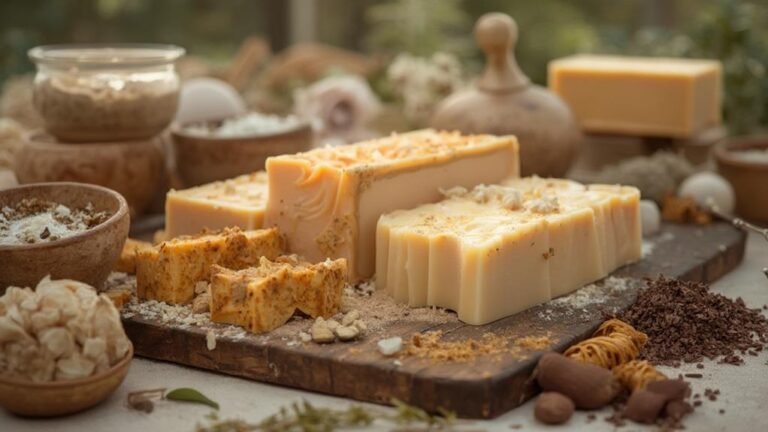Is Baby Oil a Carrier Oil?
No, baby oil is not considered a true carrier oil for essential oils.
While it can be used to dilute essential oils, it’s not ideal due to its synthetic composition (mineral oil) and potential for added fragrances.
These factors can interfere with essential oil absorption and may even pose risks to your skin.
Understanding Carrier Oils

A carrier oil is a vegetable oil used to dilute essential oils for safe application to the skin.
Essential oils are highly concentrated and can cause irritation or sensitization if applied undiluted.
Carrier oils help minimize these potential side effects while allowing you to enjoy the therapeutic benefits of essential oils.
True carrier oils are derived from natural plant sources and offer various benefits beyond just dilution. They often contain vitamins, minerals, and fatty acids that nourish and enhance the skin.
Baby Oil vs. True Carrier Oils
Baby oil is primarily composed of mineral oil, a byproduct of petroleum refining.
Unlike traditional plant-based carrier oils, baby oil has a different chemical structure that affects its performance as a carrier oil.
- Moisturizing Properties: While baby oil can create a barrier on the skin to lock in moisture, it doesn’t actively nourish the skin like natural carrier oils. Almond oil, for example, is rich in vitamin E and fatty acids that promote skin health.
- Pore-Clogging Potential: The barrier created by baby oil can clog pores, potentially leading to acne and skin irritation, especially in individuals with oily or acne-prone skin. Jojoba oil, on the other hand, closely resembles the skin’s natural sebum and is less likely to cause breakouts.
- Nutritional Value: Unlike plant-based oils that contain vitamins and fatty acids, mineral oil-based baby oil doesn’t provide additional nutritional benefits to the skin. Avocado oil, for instance, is packed with vitamins A, D, and E, which contribute to skin health.
Why Natural Carrier Oils are Preferred

Natural carrier oils are derived from plants and offer a range of benefits that make them superior to baby oil for diluting essential oils:
- Enhanced Absorption: Carrier oils help essential oils penetrate the skin more effectively, leading to better therapeutic outcomes.
- Skin Nourishment: Many carrier oils have emollient properties and are rich in vitamins and antioxidants, helping to hydrate and nourish the skin.
- Reduced Irritation: By diluting essential oils, carrier oils minimize the risk of skin irritation and dryness.
- Extended Therapeutic Effects: The molecular structure of carrier oils slows down the evaporation rate of essential oils, allowing them to stay on the skin longer and provide extended benefits. If you’re new to using essential oils, you might also want to explore different ways to implement them safely, such as in washing machine routines or for cleaning purposes.
Risks of Using Baby Oil as a Carrier
While baby oil can be used as a carrier oil, there are several risks to consider:
- Skin Barrier Disruption: Baby oil can interfere with the skin’s natural ability to regulate moisture levels and release toxins.
- Increased Acne Risk: The occlusive nature of baby oil can lead to clogged pores and increased acne breakouts in some individuals.
- Potential Allergic Reactions: Some people may be sensitive to mineral oil or added fragrances in baby oil, leading to skin irritation or allergic reactions.
- Reduced Product Absorption: The barrier created by baby oil can make it difficult for other skincare products to penetrate the skin effectively.
Alternatives to Baby Oil
If you’re looking for alternatives to baby oil as a carrier, consider these plant-based options:
- Fractionated Coconut Oil: Lightweight, easily absorbed, and suitable for most skin types.
- Jojoba Oil: Similar to human sebum, making it ideal for all skin types, including oily and acne-prone skin.
- Sweet Almond Oil: Rich in vitamins and suitable for sensitive skin.
- Grapeseed Oil: Lightweight and non-greasy, suitable for oily skin types.
- Argan Oil: Rich in antioxidants and beneficial for dry or mature skin.
Essential Oil Dilution Guidelines
When using carrier oils with essential oils, follow these dilution guidelines:
| Application | Dilution Ratio | Drops of Essential Oil per 1 oz Carrier Oil |
|---|---|---|
| General use | 2-3% | 12-18 drops |
| Sensitive skin | 1% | 6 drops |
| Children (2-12 yrs) | 0.5-1% | 3-6 drops |
| Facial application | 0.5-1% | 3-6 drops |
Export to Sheets
Always perform a patch test before using any new carrier oil or essential oil blend to check for potential skin reactions.
Conclusion
While baby oil can be used as a carrier oil, it may not be the best choice for everyone due to its potential risks and limitations.
Consider your skin type, needs, and the specific essential oils you plan to use when selecting a carrier oil.
Plant-based alternatives often provide additional skin benefits and may be more suitable for many applications.






